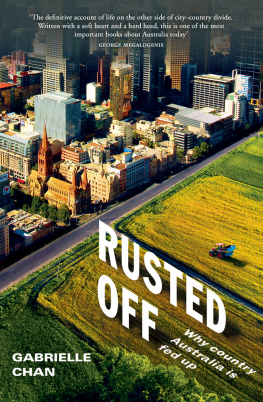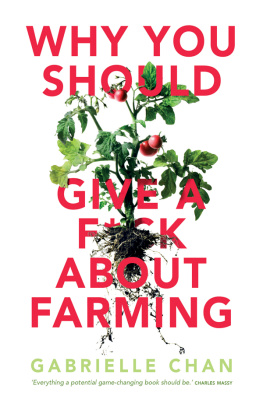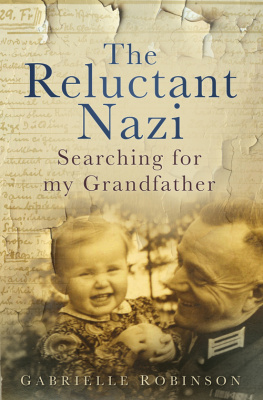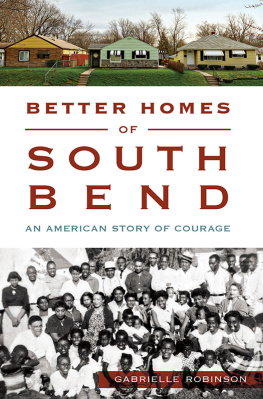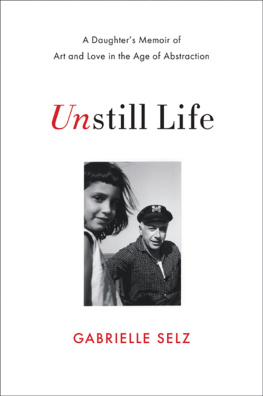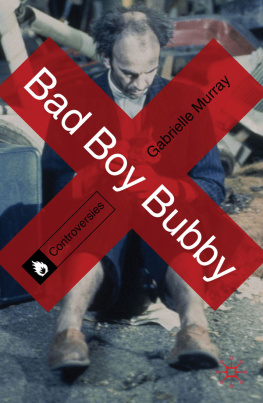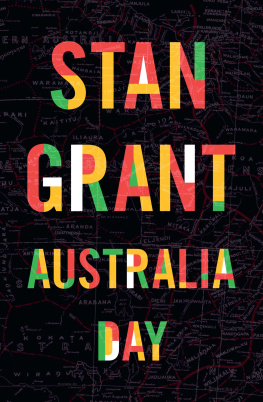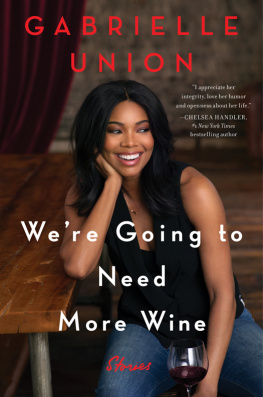I dont know if theres a moment when you realise you belong to a place, a landscape or a culture. I do know when I was first offended by an outsiders view of my small town, the town in which my children were born and raised; the place in which I first understood a sense of belonging, of community and the impulse to protect it.
A reporter had appeared on the trail of a missing girl, a sad story of loss. It was a mystery potentially involving foul play, a story that still grips me as a resident and a storyteller. This Sydney-based journalist stayed in the local motel and wrote up a storm. It is something I have done regularly, particularly when Ive followed politicians during election campaigns. The headline of the piece was From the land of fear, loss and dark secrets. It portrayed a shire masked in shadow. According to the report, I was living in a deserted, desolate, hopeless town. We had left behind our glory days of the gold rush, the railway era and bumper crops, to become a place in which Scarecrows stalk the main street, where giant spiders have invaded the towns only motel. Beyond isolation, drought and the desperation of such a combination, theres an unhealthy mix of the unknown, unbelievable and uncertain...
Using the true story of the tragic disappearance of a teenage girl, the journalist neatly packaged my home into the quintessential redneck small settlement with a dark past, in the tradition of weirdo country towns featured in horror stories such as The Cars That Ate Paris , Harvest Home or Wake in Fright . Cut to halfwit [in country drawl]: You dont come from around here, do ya?
As someone who has an eye for detail and atmosphere, I couldnt blame the reporter. I had drawn my own fast and loose conclusions of other places, so let she who is without sin cast the first stone. And the scarecrows, made by our local kids, were a gift to a visiting writer. Likewise a hairy huntsman spider. Early on in my country life I hit a high-jump record in the shower when one ran up my thigh to escape the water. Quite the horrifying arachnid if you dont appreciate their fly-catching skills.
Locally, there was a collective gasp of shock at the way we were depicted because towns like ours do not hit the national media often. It felt like guilt by location. My first thought was emotional. Fuck you. As it happened, I had worked at the local one-journalist paper a few years before, run by a major news organisation, for whom I was writing, subbing and cleaning the dunny. I wrote my first thought in an editorial taking the piss out of the city-based journalist and his preconceived notions; frightened of spiders but not of stereotypes. It was not quite Banjo Paterson to his Henry Lawson but it made me and my fellow residents feel better.
For all my fulminating, his intervention was more helpful than I could have guessed, because it gave me a glimpse of what it is to be sneered at for your location or class. To be the butt of swift and uninformed judgements. To live with a pronouncement that cannot usually be met with a reply, save the lottery of sending a letter to the editor of a dying newspaper. Dear Sir or Madam, Re your story on my town: get a grip...
I had experienced racism as a kid, but this was the first time I had encountered geographical judgement. And I had the means to fire off an editorial to relieve my frustrations. What of others who noticed those everyday slights, not only of their towns but of their lives, their jobs, their opinions and their choices?
That story was written in 2009. Between 2016 and 2017, the political foundations shifted after a fair swag of the British population voted to leave the European Union, and a chunk (albeit a minority) of Americans voted for Donald Trump as their president. The Australian election in 2016 saw the return of One Nations Pauline Hanson and an increase in seats for the centrist populist Nick Xenophon, making for a larger Senate crossbench than ever before. People such as Australias ex-prime minister Tony Abbott were talking about Senate reform: if the barbarians are at the gate, we must change the rules, otherwise governments will get nothing done.

